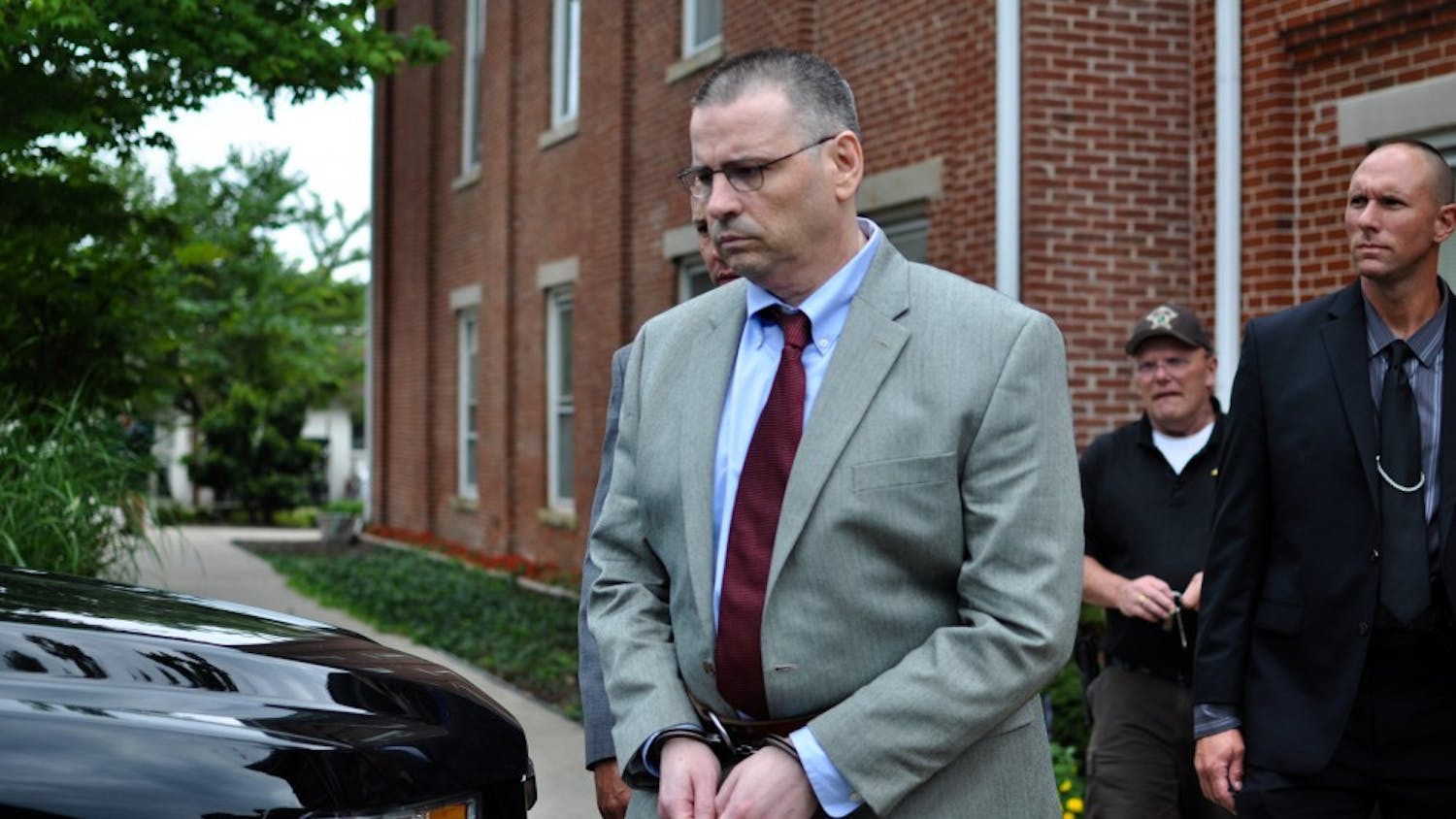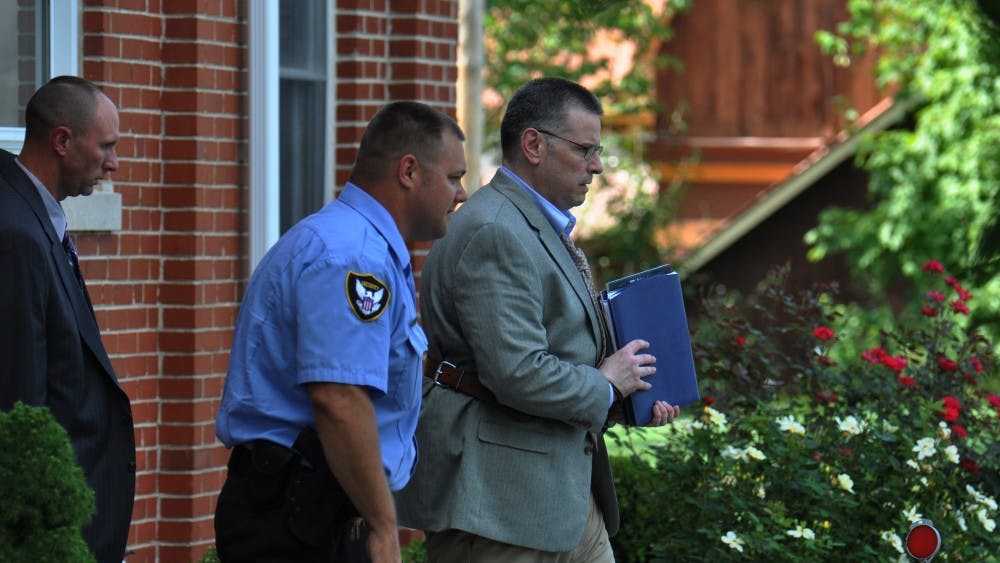Throughout the past month Daniel Messel has appeared in court twice for small hearings regarding the trial for the murder of IU student Hannah Wilson.
In the first hearing, Brown County Judge Judith Stewart pushed back Messel’s trial to June 1. Before this hearing the trial was set for February.
Defense attorney Dorie Maryan presented Stewart with various reasons why the date should be pushed back, including 500 pages of investigation documents to parse through for the case, 100 being filed in the past two months, and the addition of two new witnesses.
Along with these documents, the state also gave the defense 50 hours of surveillance video to review Nov. 8. The state has identified 60 witnesses to testify during the trial but the defense hopes to take depositions from 40, according to court records.
Additionally, the prosecution has sought to amend charges to include Messel as a habitual offender given his past actions. This will require an additional hearing to decide if Messel’s history is allowed to be used in the jury trial.
In Messel’s second hearing of the month, both the defense and prosecution argued for this trial on Messel’s history to be closed to the public.
Stewart took the ruling under advisement and has yet to make a decision on whether this hearing will be open, closed or partially open to the public.
Prosecutor Ted Adams argued for the hearing to be closed to avoid tainting the jury pool in Brown County, requiring a change of venue down the line. Maryan argued for it to be closed to protect Messel’s right to a fair trial, which Stewart stated is a more important aspect to think about.
“I’m not sure I find the risk of changing venue an overriding interest,” Stewart said. “I think what’s more overriding is Mr. Messel’s right to a fair trial.”
As Stewart contemplates her ruling she must decide if keeping the trial open poses a great enough risk to Messel’s rights to override the public’s right to what is usually public information.
“It is such a fundamental principle that criminal records be open, that it is difficult to close them,” Stewart said. “... but in criminal cases with information like this it’s sometimes needed for a fair trial. I will take it under advisement.”





